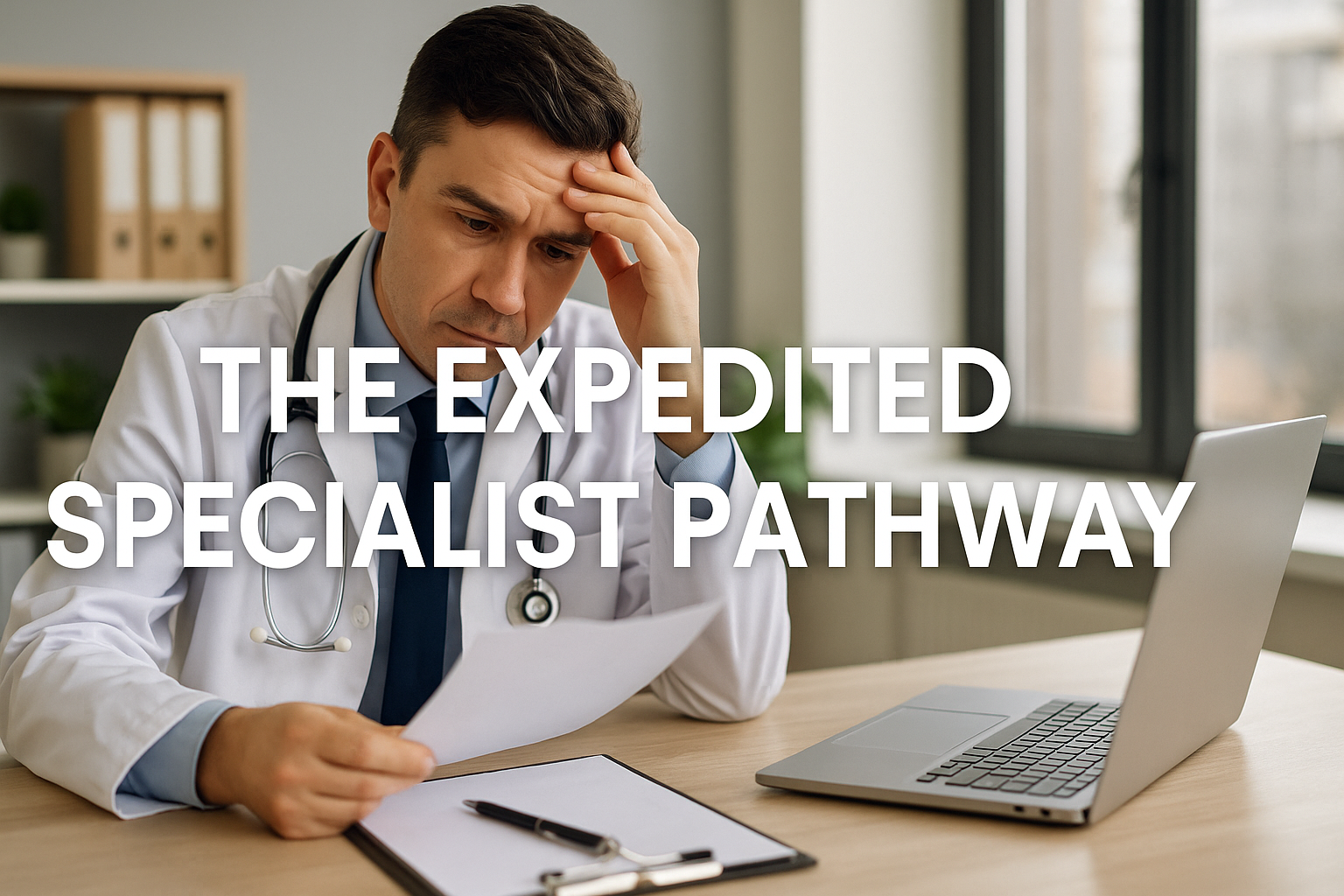10 Winning Habits of Successful Doctors

10 Winning Habits of Successful Doctors
Today a successful doctor needs a wider range of skills than in years gone-by. These include soft skills that do not necessarily come with just deep education. Doctors need to be far more accomplished and need to have a sense of purpose. Knowledge and experience that comes with training is obviously vital, but, this base alone is not enough to be truly a successful doctor. It’s about mindset and applying certain principles beyond the academic or what was considered a successful doctor of old. Following are 10 winning habits that successful doctors need in their medical bag.
1. They are life-long learners
“Education is not preparation for life; education is life itself.” – John Dewey
A successful doctor makes an commitment to life-long learning. They strive for excellence by constantly improving their skills and knowledge. They recognise that, for the best outcome, the best investment they can make is in themselves. Constant learning minimises error, boosts self-confidence, and strengthens professional credibility.
2. A successful doctor networks with their peers
“Successful people are always looking for opportunities to help others. Unsuccessful people are always asking, ‘What’s in it for me?” – Brian Tracy
Successful doctors share information and experiences with their peers. This habit helps to build a strong support network, and is a critical part of the problem solving process. Successful doctors also utilise digital technology and social media networks in order to communicate, increasing the accessibility and verifiability of information. They also surround themselves with forward-thinking people, and always schedule time to build relationships inside and outside of the workplace.
3. They practise what they preach
“The perfect man of old looked after himself first before looking to help others.” – Chuang-Tzu
One of the most important winning habits is to lead by example. They are role models and mentors for both their patients, and their community. They ensure that they take care of their own wellbeing by implementing personal habits such as eating healthily, exercising regularly, and taking time out for recreation and relaxation. Successful doctors are also aware of the risks of self-diagnosis. They have a healthy relationship with their own doctors, engaging in regular check-ups.
4. They are emotionally intelligent
“Teaching emotional intelligence skills to people with life-threatening illnesses has been shown to reduce the rate of recurrence, shrink recovery times, and lower death rates.” – Travis Bradberry
Successful doctors will have the ability to manage emotions, as well as influence behaviours in order to reach desired outcomes. Their open minds allow them to understand people, and in turn, provide support for their patients. These doctors are composed, empathetic, and have an innate ability to compartmentalise the different aspects of their lives and their work. They are excellent communicators, and are focused on maintaining long-term, loyal, and authentic relationships.
5. Successful doctors are committed to excellence
“We are what we repeatedly do. Excellence, then, is not an act, but a habit.” – Aristotle
Successful doctors consciously engage in higher thought, and apply this reflection to everything they do. This process becomes habit, the habit creates routines, and the routine creates consistency in positive patient outcomes. Winning habits create winning outcomes!
6. A successful doctor needs excellent time-management skills
“Time is the most valuable thing a man can spend.” – Theophrastus
Successful doctors are organised, proactive and efficient. They come to work early to view schedules, check emails, and review appointments to make sure the day runs as smoothly as possible. They leave gaps in the schedule for administration, and plan for unexpected events. They know how to delegate tasks, and ensure everything that needs to be done is done by the end of the day.
7. They have an exceptional work ethic
“What separates the talented individual from the successful one is a lot of hard work.” –Stephen King
Successful doctors are self-motivated, dedicated, trustworthy, and reliable. They are effective team players and collaborate with specialists and co-workers to reduce human error and improve patient outcomes. Privacy is of utmost importance and confidentiality is vital in earning the trust and respect of patients, peers, and the community.
8. They are financially healthy
“You must gain control over your money or the lack of it will forever control you” –Dave Ramsey
Successful doctors make it a priority to have their finances in order. They seek the help of financial professionals to maximise their earnings and leverage their income to put those hard earn dollars to work. Allowing a trusted, experienced professional to look after their finances gives piece of mind, eliminates stress, and allows the doctor to focus on what they do best.
9. They adapt to change
“Intelligence is the ability to adapt to change.” – Stephen Hawking
Successful doctors know that both medicine and society are rapidly advancing. They accept these changes, and quickly modify their practice in order to adapt. They educate themselves on the latest studies and breakthroughs, and they view these findings with open minds and positive attitudes.
10. Winning Habits #10: They are passionate about what they do
“Success is not the key to happiness. Happiness is the key to success. If you love what you do, you will be successful.” – Albert Schweitzer
Perhaps the most important one of our winning habits is that successful doctors simply love their work. Their passion for what they do gives them the natural ability to be disciplined and dedicated to the well-being of others, laying a solid foundation for success as a medical professional.
Sound familiar? Then we have a great job for you register here.









